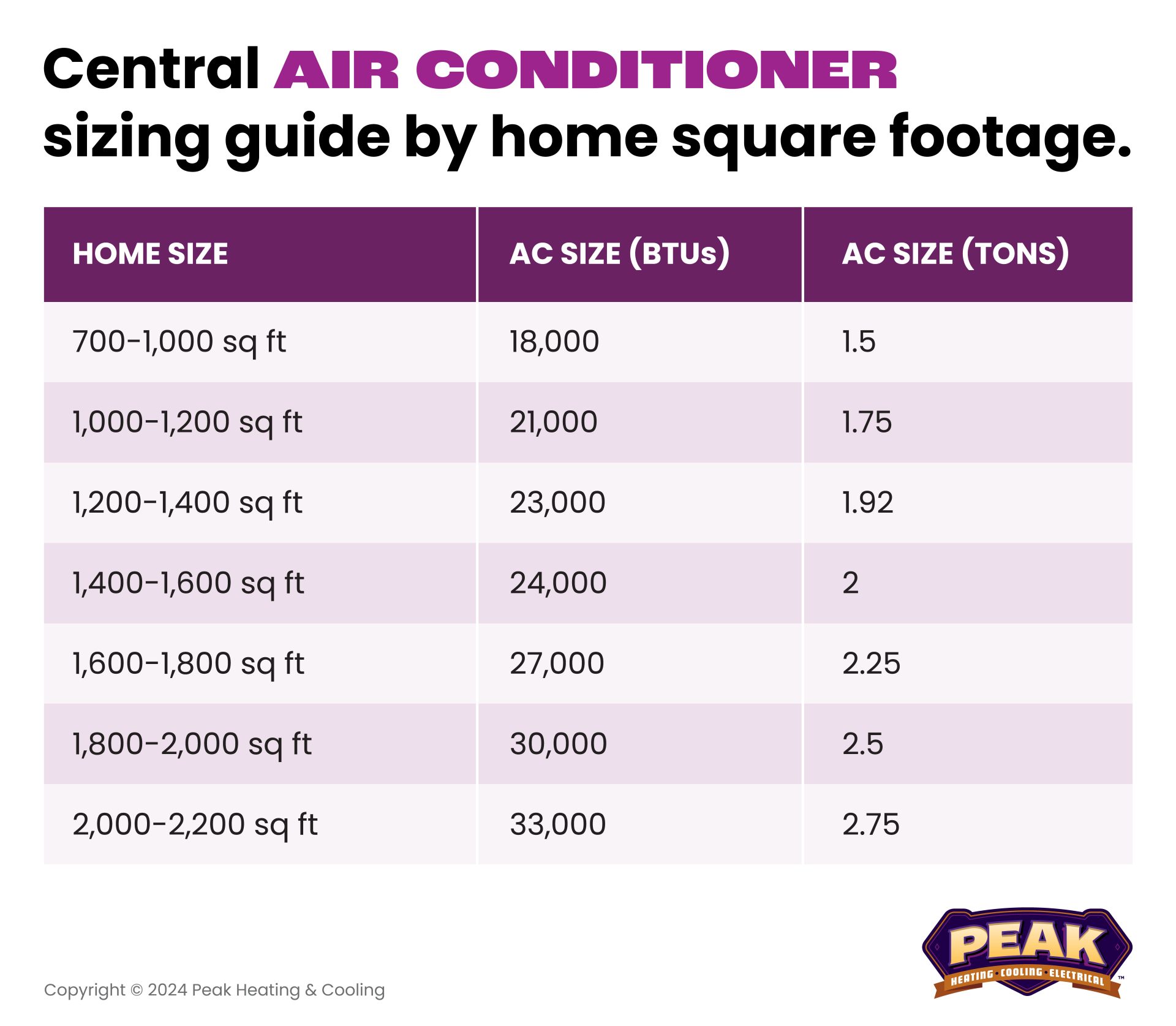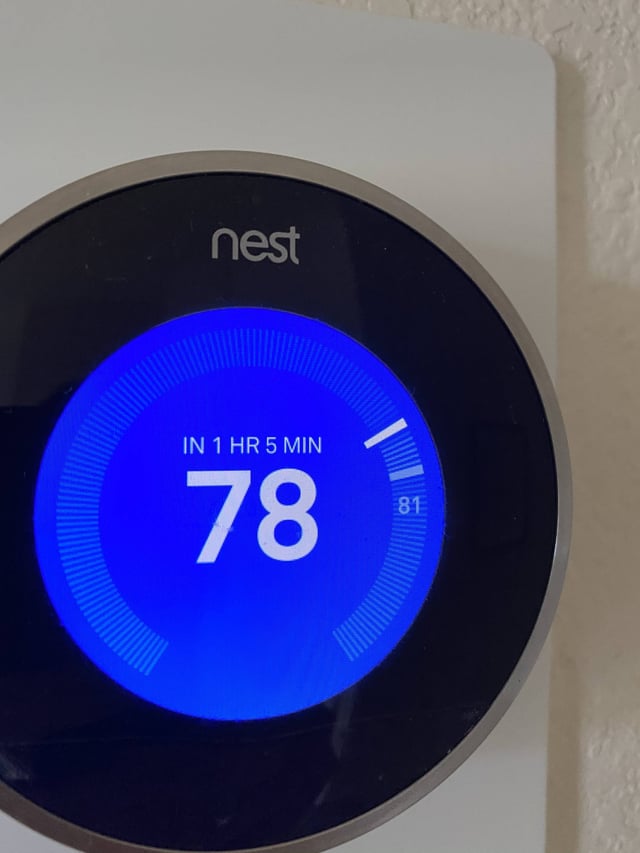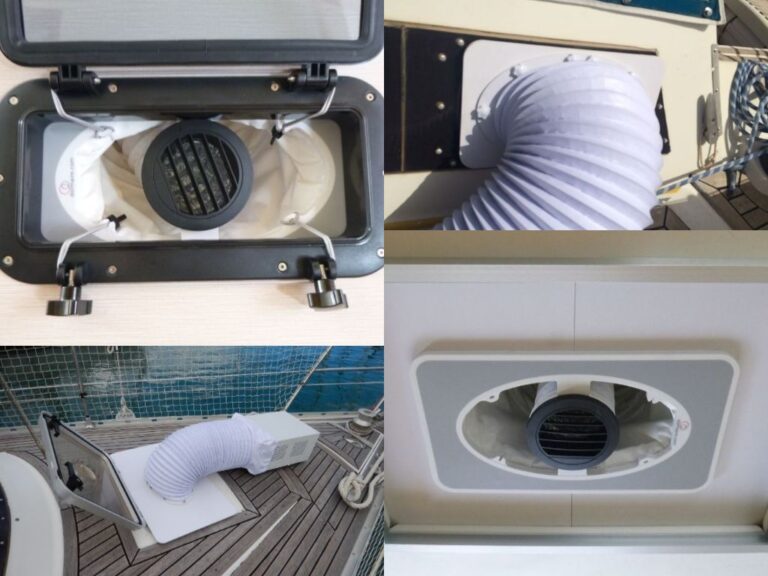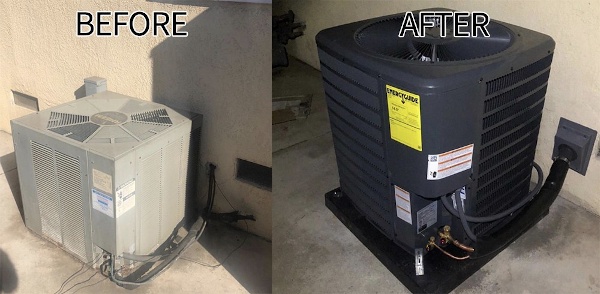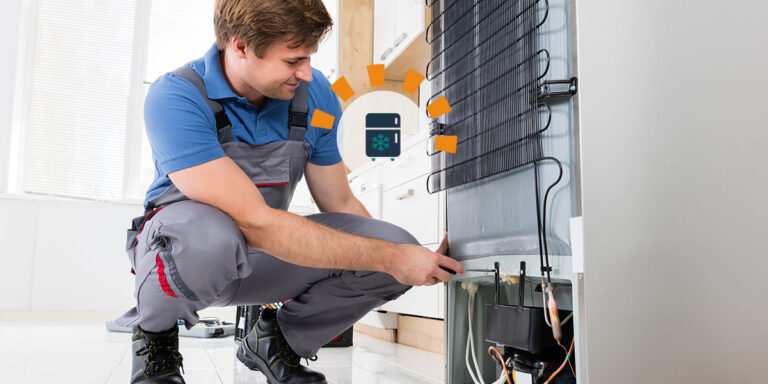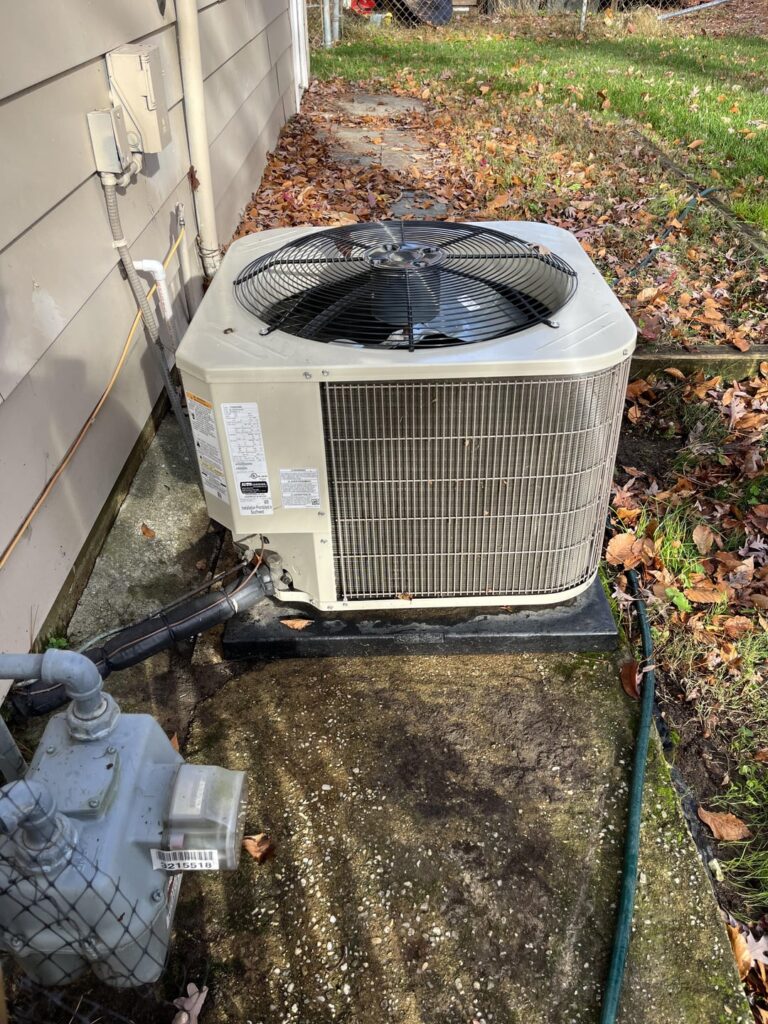How Big Of An Air Conditioner Do I Need For 1000 Square Feet: Ultimate Guide
For a 1000 square feet space, you generally need a 20,000 BTU air conditioner. This size ensures efficient cooling.
Choosing the right air conditioner for your home is crucial for comfort and energy efficiency. A unit that’s too small won’t cool effectively, while an oversized unit can waste energy and cause uneven cooling. The recommended size for a 1000 square feet area is typically around 20,000 BTUs.
This ensures your space remains comfortable during hot weather. Various factors like insulation, ceiling height, and local climate can affect this estimate. Always consider professional advice for optimal results. Proper sizing leads to better performance and lower energy bills, making your living space more enjoyable year-round.
Introduction To Air Conditioner Sizing
Choosing the right air conditioner size is crucial. An air conditioner that’s too small won’t cool your space. An oversized unit can lead to inefficiency and higher costs.
Importance Of Proper Sizing
Proper sizing ensures comfort and efficiency. A correctly sized unit cools your space effectively. It also maintains a consistent temperature.
A properly sized unit saves on energy bills. It operates at peak performance, reducing wear and tear. This extends the lifespan of your air conditioner.
Common Mistakes
One common mistake is choosing based on square footage alone. Other factors, like insulation and window size, matter too.
Another mistake is ignoring the unit’s SEER rating. A higher SEER rating means better efficiency.
People often forget to consider room orientation. South-facing rooms may need more cooling power.
| Factor | Impact on Sizing |
|---|---|
| Insulation | Better insulation reduces cooling needs. |
| Window Size | Large windows increase cooling needs. |
| Room Orientation | South-facing rooms need more cooling. |
- Measure your space accurately.
- Consider all factors, not just square footage.
- Choose a unit with a high SEER rating.
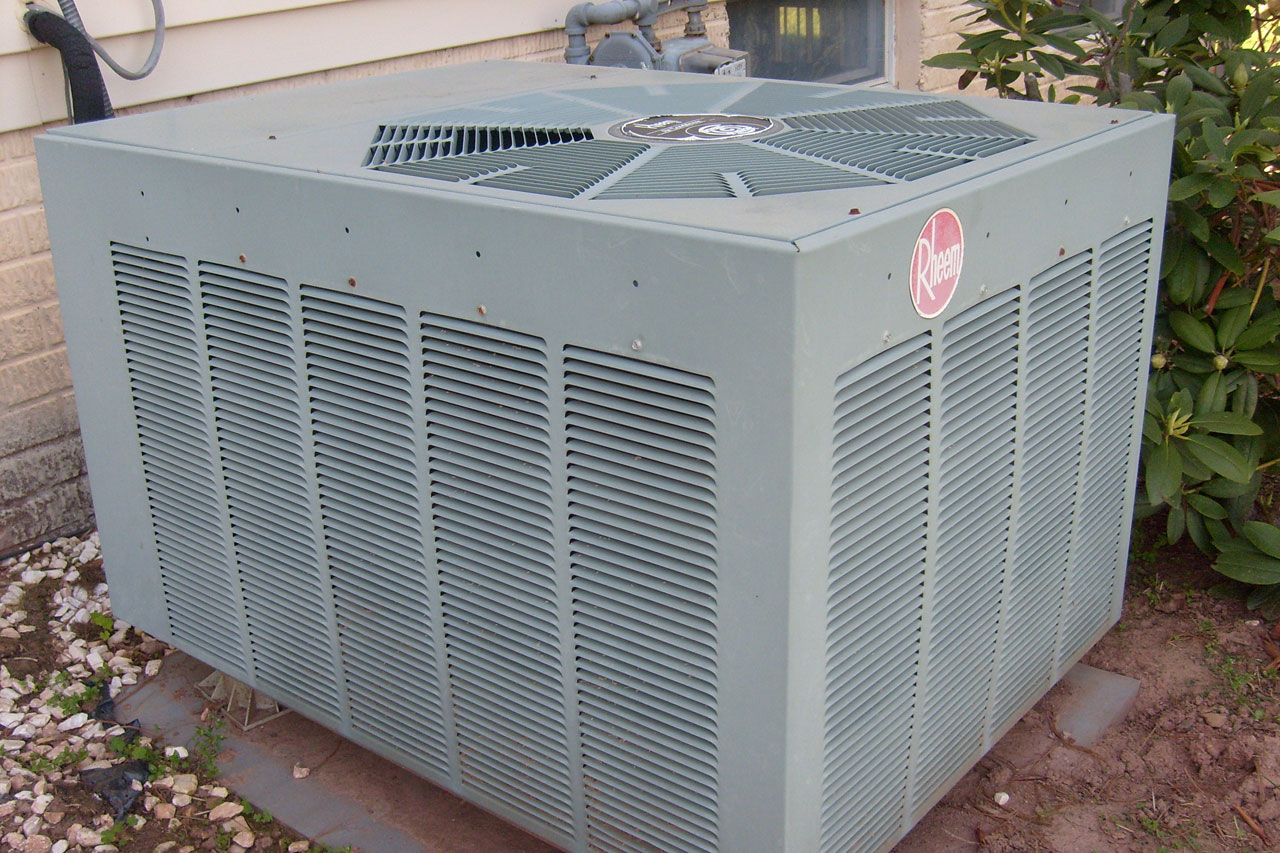
Credit: www.santaenergy.com
Calculating Btu Requirements
Choosing the right air conditioner for your 1000 square feet space is crucial. You need to calculate the BTU (British Thermal Unit) requirements accurately. This ensures efficient cooling and energy savings.
What Is Btu?
BTU stands for British Thermal Unit. It measures the amount of heat needed to raise the temperature of one pound of water by one degree Fahrenheit. In air conditioning, BTU indicates the cooling capacity. Higher BTU means more cooling power.
Btu Calculation Formula
To determine the correct BTU for your space, use this formula:
BTU = Area (in square feet) x 20
For a 1000 square feet area, the calculation would be:
BTU = 1000 x 20 = 20,000
This means you need an air conditioner with a 20,000 BTU rating.
Consider other factors that might affect your BTU needs:
- Number of windows
- Amount of sunlight
- Number of people in the room
- Heat-generating appliances
These factors can increase your BTU requirements. Adjust your calculations accordingly.
Using the right BTU ensures your air conditioner works efficiently. It provides comfort and saves energy.
Factors Affecting Ac Size
Choosing the right air conditioner size for 1000 square feet is crucial. Several factors influence the size of the AC unit you need. These factors ensure your space stays cool and energy-efficient. Let’s dive into the key factors.
Room Layout
The room layout greatly impacts the AC size. Open floor plans need more cooling power. Rooms with many walls and doors may need smaller units. Consider the number and position of windows. Large windows let in more heat, increasing cooling needs.
Think about the ceiling height too. Taller ceilings mean more air to cool. Rooms with high ceilings might need a larger AC unit.
Insulation Quality
Insulation quality plays a vital role in determining AC size. Well-insulated homes retain cool air longer. Poorly insulated homes require more cooling power.
Check your home’s insulation in walls, attics, and basements. Good insulation reduces the workload on your AC unit.
Use the table below to understand how insulation affects AC size:
| Insulation Quality | Recommended AC Size |
|---|---|
| Excellent | 20-25 BTU per square foot |
| Good | 25-30 BTU per square foot |
| Poor | 30-35 BTU per square foot |
Ensure your home has proper insulation to optimize AC efficiency.
Climate Considerations
Choosing the right air conditioner for a 1000 square feet space depends on several factors. One crucial factor is the climate of your region. The climate affects how hard your AC needs to work, which impacts its size and efficiency.
Regional Climate Impact
Your location’s climate plays a significant role in determining the size of your air conditioner. If you live in a hot and humid region, you’ll need a more powerful AC. For instance, in areas like Florida or Texas, higher BTUs are essential to maintain a cool environment.
Conversely, in cooler regions, like the Pacific Northwest, a less powerful AC will suffice. Here’s a quick guide to understanding the impact of regional climate:
| Region | Climate Type | BTU Adjustment |
|---|---|---|
| Hot and Humid | Southern States | +10-20% |
| Moderate | Midwest and East Coast | Standard BTU |
| Cool | Pacific Northwest | -10-20% |
Seasonal Variations
Seasonal changes also impact your AC needs. During summer, higher temperatures require more cooling power. In winter, your AC usage decreases, but heating may be necessary.
Below are some key points to consider:
- Summer: Increase AC capacity to combat high temperatures.
- Winter: Ensure the AC can switch to heating mode if needed.
- Spring/Fall: Moderate use, standard capacity suffices.
By understanding the regional climate and seasonal variations, you can choose the right AC size for your 1000 square feet space.
Energy Efficiency
Choosing the right air conditioner for a 1000 square feet space is essential. Energy efficiency is a key factor. It not only saves money but also helps the environment.
Seer Ratings
The Seasonal Energy Efficiency Ratio (SEER) measures an air conditioner’s efficiency. A higher SEER rating means better energy efficiency. For a 1000 square feet area, aim for a SEER rating of at least 14. This ensures optimal performance and lower energy bills.
| SEER Rating | Efficiency Level |
|---|---|
| 14-16 | Good |
| 17-20 | Better |
| 21+ | Best |
Energy-saving Tips
Using an efficient air conditioner is just part of the solution. Follow these energy-saving tips to maximize efficiency:
- Install a programmable thermostat: Set it to adjust temperatures automatically.
- Seal windows and doors: Prevent cool air from escaping.
- Use ceiling fans: They help distribute cool air evenly.
- Maintain your AC unit: Clean filters and schedule regular check-ups.
- Close blinds and curtains: Block direct sunlight during the hottest parts of the day.
Implementing these tips will help you get the most out of your air conditioner. You’ll enjoy a cooler home and lower energy bills.
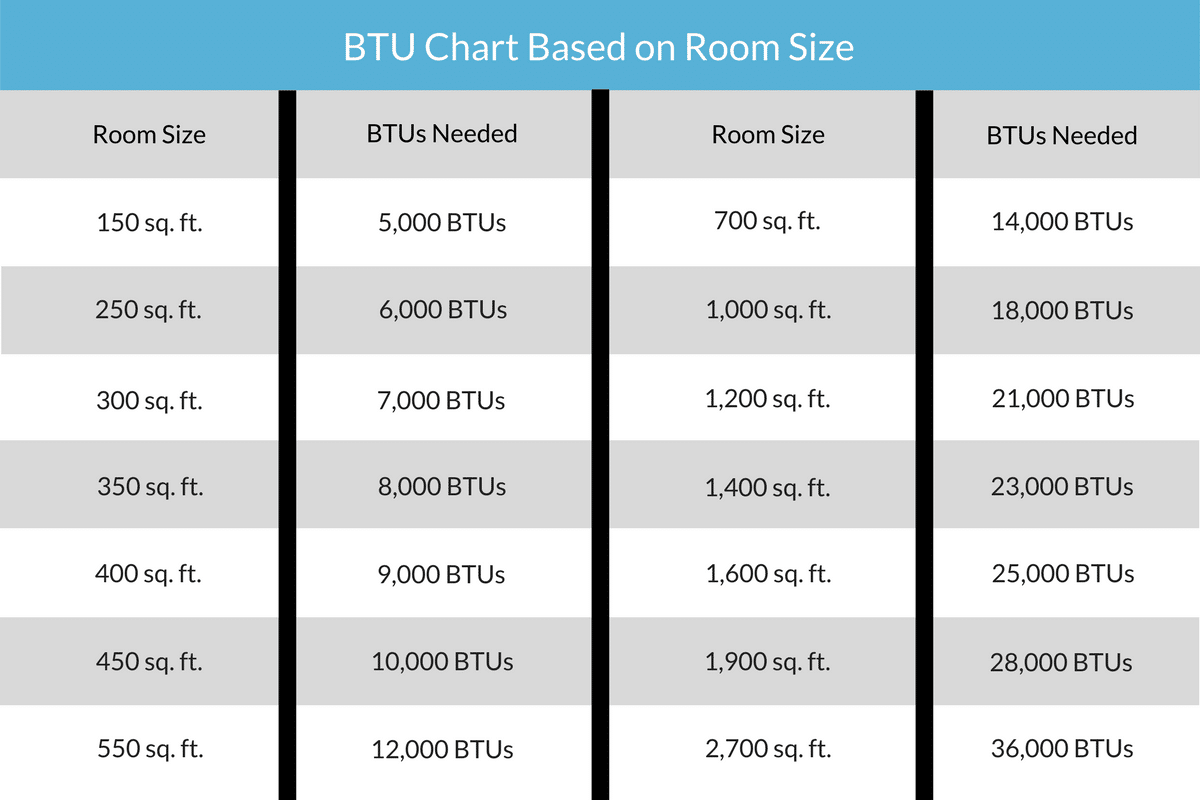
Credit: www.relenergy.com
Types Of Air Conditioners
Choosing the right air conditioner for your 1000 square feet space is crucial. Different types of air conditioners suit different needs. Here are the main types to consider.
Central Air Systems
Central air systems are ideal for cooling large spaces. They use ducts to distribute cool air throughout your home. A central unit can cool your entire 1000 square feet area efficiently. These systems are quiet and effective.
Central air systems require professional installation. They are more expensive upfront but save money in the long run. Their efficiency can lower your energy bills. Regular maintenance ensures they work well for years.
- Pros: Covers large areas, quiet operation, energy-efficient.
- Cons: Higher initial cost, requires professional installation.
Window Units
Window units are a popular choice for smaller spaces. They are easy to install and cost-effective. A single unit can cool one room in your 1000 square feet area. They fit right into your window frame.
Window units are portable and versatile. They come in various sizes to match your cooling needs. Some models have energy-saving features. These units are perfect for renters or temporary cooling solutions.
- Pros: Affordable, easy to install, portable.
- Cons: Noisy, limited coverage area, obstructs window view.
Installation Tips
Installing an air conditioner for a 1000 square feet space requires careful planning. Proper installation ensures the unit works efficiently and lasts longer. Below are essential tips to help you with the installation process.
Professional Vs Diy
Deciding between professional installation and a DIY approach is crucial. Professional installers have the expertise to handle complex setups. They ensure your air conditioner is installed correctly and safely. This option might cost more but offers peace of mind.
DIY installation can save money. It is suitable for those with technical skills and experience. Ensure you follow the manufacturer’s guidelines. This will help prevent any issues.
| Criteria | Professional Installation | DIY Installation |
|---|---|---|
| Cost | Higher | Lower |
| Expertise Required | Low | High |
| Time Required | Less | More |
| Peace of Mind | High | Low |
Common Pitfalls
There are common pitfalls to avoid during installation. These mistakes can affect the performance of your air conditioner. Here are some to watch out for:
- Incorrect Sizing: Ensure the air conditioner is the right size for 1000 square feet. A unit too small or too large will not work efficiently.
- Poor Placement: Avoid placing the unit in direct sunlight or near heat sources. This can cause the air conditioner to work harder and use more energy.
- Improper Insulation: Make sure the room is well-insulated. This helps the air conditioner maintain the desired temperature with less effort.
- Lack of Maintenance: Regular maintenance is key. Clean the filters and check for any issues regularly to ensure the unit runs smoothly.
By following these tips, you can ensure a successful installation. Your air conditioner will cool your space efficiently and last for years.
Maintenance And Upkeep
Proper maintenance and upkeep of your air conditioner ensure optimal performance. Regular maintenance extends the life of your AC unit. It also keeps energy bills in check. Below are key aspects of maintaining your air conditioner.
Regular Cleaning
Regular cleaning is vital for your air conditioner’s efficiency. Start by cleaning the air filter. You should clean or replace it every month. This keeps the air quality high and the unit working well.
Next, clean the condenser coils. Dirty coils reduce the system’s ability to cool. Use a soft brush to remove debris. Ensure the area around the unit is clear. This helps with airflow.
Finally, inspect the evaporator coil and clean it if needed. A dirty coil can freeze and stop the unit from working. Keep the drain channels clean to avoid water damage.
Troubleshooting Issues
Knowing how to troubleshoot issues can save you time and money. Check if the unit is not cooling properly. Ensure the thermostat is set correctly. Also, make sure the circuit breaker is not tripped.
If the unit makes strange noises, inspect the fan blades. They could be bent or dirty. Tighten any loose screws to reduce noise.
For water leaks, check the drainage system. A clogged drain line can cause leaks. Clear the blockage to fix this issue.
Here’s a quick troubleshooting guide:
| Issue | Possible Cause | Solution |
|---|---|---|
| Not Cooling | Dirty Filter | Clean or Replace Filter |
| Strange Noises | Loose Screws | Tighten Screws |
| Water Leaks | Clogged Drain Line | Clear Drain Line |

Credit: www.forbes.com
Frequently Asked Questions
What Size Ac For A 1000 Sq Ft Home?
A 1000 sq ft home typically needs a 2-ton air conditioner. This ensures efficient cooling and energy efficiency.
How Much Ac Required For 1,000 Sq Ft?
A 1,000 sq ft space typically requires a 2-ton AC unit. This ensures efficient cooling and comfort.
Is It Better To Oversize Or Undersize Ac Unit?
Undersizing an AC unit results in poor cooling and efficiency. Oversizing causes short cycling and increased energy bills. Choose the correct size for optimal performance.
Conclusion
Choosing the right air conditioner for 1000 square feet ensures comfort and efficiency. Consider room size, insulation, and climate. Opt for a unit with the appropriate BTU rating. This helps in achieving the best cooling results. Proper selection enhances energy savings and provides a comfortable living environment.

